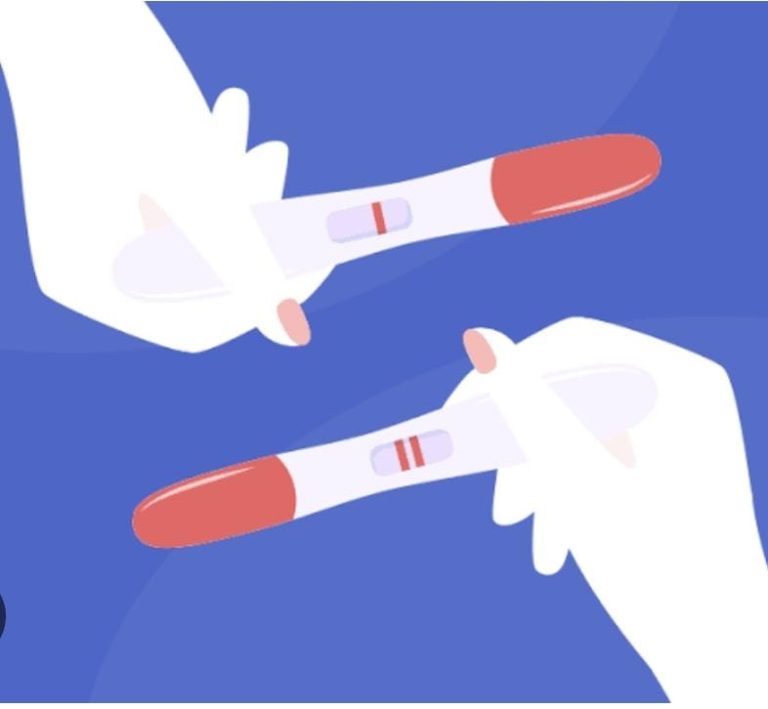
Understanding Chemical Pregnancy: What It Is and What It Means
Pregnancy is often filled with excitement and hope, but it can also bring moments of confusion and heartache. One such moment is a chemical pregnancy, a term many may not be familiar with until they experience it. This blog post aims to shed light on what a chemical pregnancy is, its causes, symptoms, and what it means for future pregnancies.
What is a Chemical Pregnancy?
A chemical pregnancy, also known as a biochemical pregnancy, occurs when a fertilized egg implants in the uterus but fails to develop properly, leading to an early miscarriage. This typically happens before the fifth week of pregnancy, often before the woman even realizes she is pregnant. It is called a “chemical” pregnancy because the hormone hCG (human chorionic gonadotropin) is produced, which can be detected by a pregnancy test, but there is no clinical evidence of a pregnancy, such as a gestational sac visible on an ultrasound.
Causes of Chemical Pregnancy
Several factors can contribute to a chemical pregnancy, including:
-
- Chromosomal Abnormalities: The most common cause is chromosomal abnormalities in the fertilized egg, making it nonviable for further development.
-
- Hormonal Imbalances: Hormonal issues, such as low levels of progesterone, can hinder the proper implantation and growth of the embryo.
-
- Uterine Abnormalities: Structural issues in the uterus, like fibroids or polyps, can interfere with implantation.
-
- Infections: Certain infections, like sexually transmitted infections (STIs), can affect the uterine environment and prevent a successful pregnancy.
-
- Age: Women over 35 are at a higher risk of experiencing chemical pregnancies due to a higher incidence of chromosomal abnormalities in their eggs.
Symptoms of Chemical Pregnancy
Since a chemical pregnancy occurs very early, it often goes unnoticed. However, some women may experience symptoms, including:
-
- Positive Pregnancy Test: The initial sign is a positive pregnancy test due to the presence of hCG.
-
- Menstrual-Like Bleeding: Shortly after the positive test, women may experience bleeding similar to a period, often heavier and with more cramping than usual.
-
- Lower hCG Levels: Blood tests may show declining hCG levels, indicating that the pregnancy is not progressing.
Emotional Impact
Despite its early occurrence, a chemical pregnancy can be emotionally challenging. Women and their partners may feel a range of emotions, from confusion and sadness to grief. It’s essential to acknowledge these feelings and seek support from loved ones, support groups, or mental health professionals if needed.
Future Pregnancies
Experiencing a chemical pregnancy does not necessarily indicate future fertility problems. In fact, many women go on to have healthy pregnancies. Here are some steps to consider after a chemical pregnancy:
-
- Medical Evaluation: If you experience recurrent chemical pregnancies, consult with a healthcare provider to rule out underlying issues.
-
- Healthy Lifestyle: Maintain a healthy lifestyle, including a balanced diet, regular exercise, and avoiding harmful substances like alcohol and tobacco.
-
- Track Your Cycle: Monitoring your menstrual cycle can help you better understand your fertility patterns and prepare for future pregnancies.
-
- Seek Support: Emotional support from friends, family, or support groups can be invaluable during this time.
Conclusion
A chemical pregnancy is an early and often unnoticed form of miscarriage that can bring a mix of emotions and questions. Understanding what it is and what it means for your reproductive health can help you navigate this challenging experience. Remember, experiencing a chemical pregnancy does not define your ability to have a successful pregnancy in the future. If you have concerns or experience recurrent early losses, seek medical advice to explore potential causes and treatments.
Have you or someone you know experienced a chemical pregnancy? Share your stories and support in the comments below.
Looking for something more to Read ?
I’ve been in the helping early parents from last 10 years and we’ve vetted more than a 500+ parents and couples along the way. We’ll connect your exceptional capabilities to help bring your parenting knowledge and how to take care of the baby.

Thank you for your sharing. I am worried that I lack creative ideas. It is your article that makes me full of hope. Thank you. But, I have a question, can you help me?
Most Welcome. Please let me know what is your question.
Thank you for your sharing. I am worried that I lack creative ideas. It is your article that makes me full of hope. Thank you. But, I have a question, can you help me?
Yes, please let me know your question.